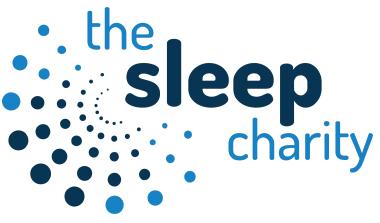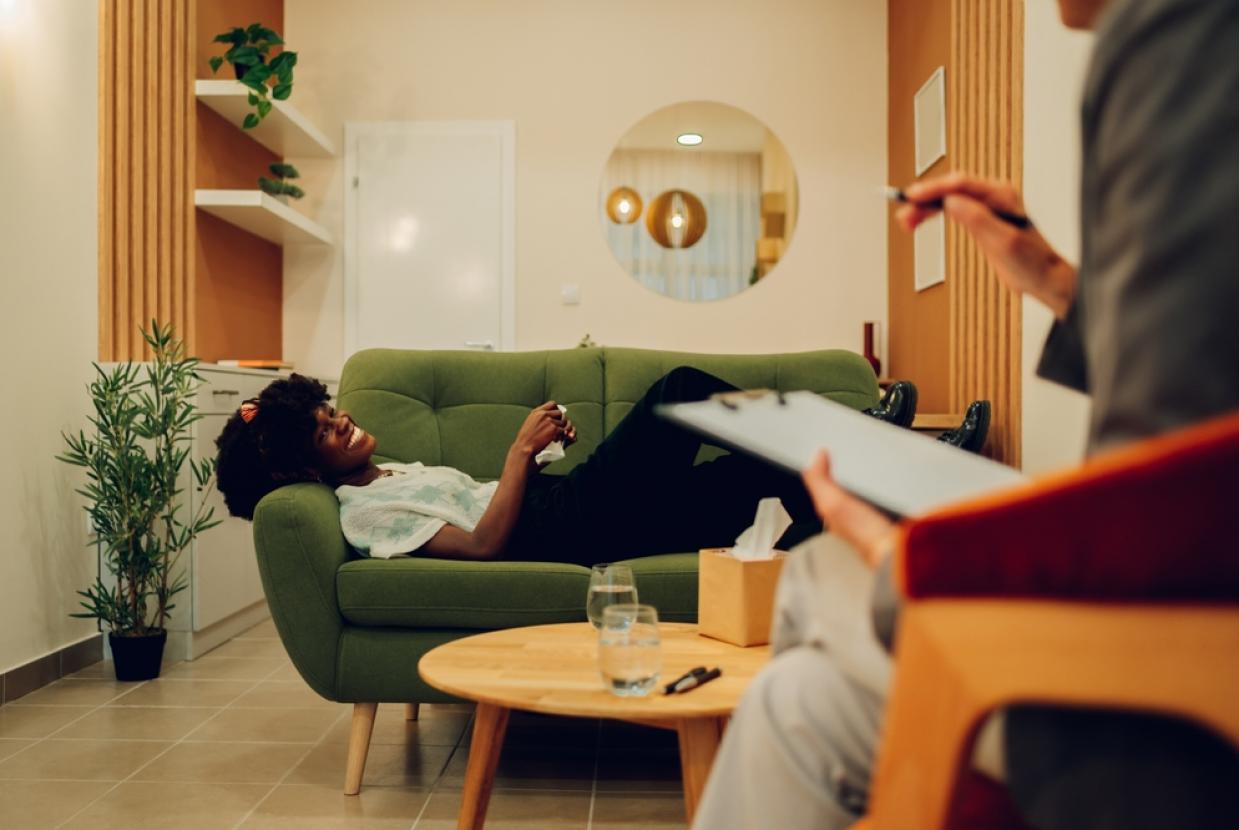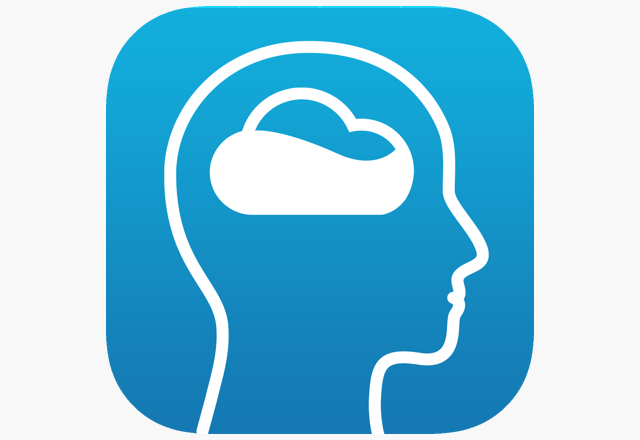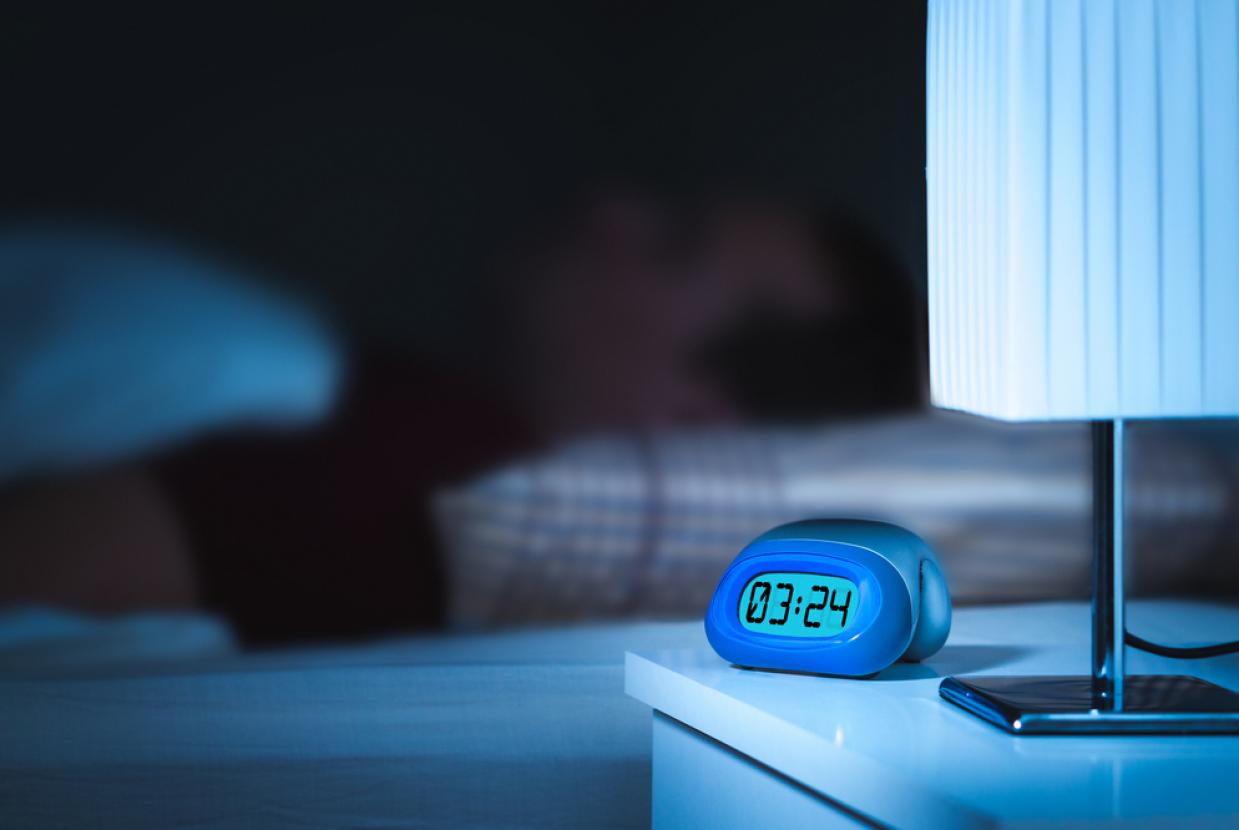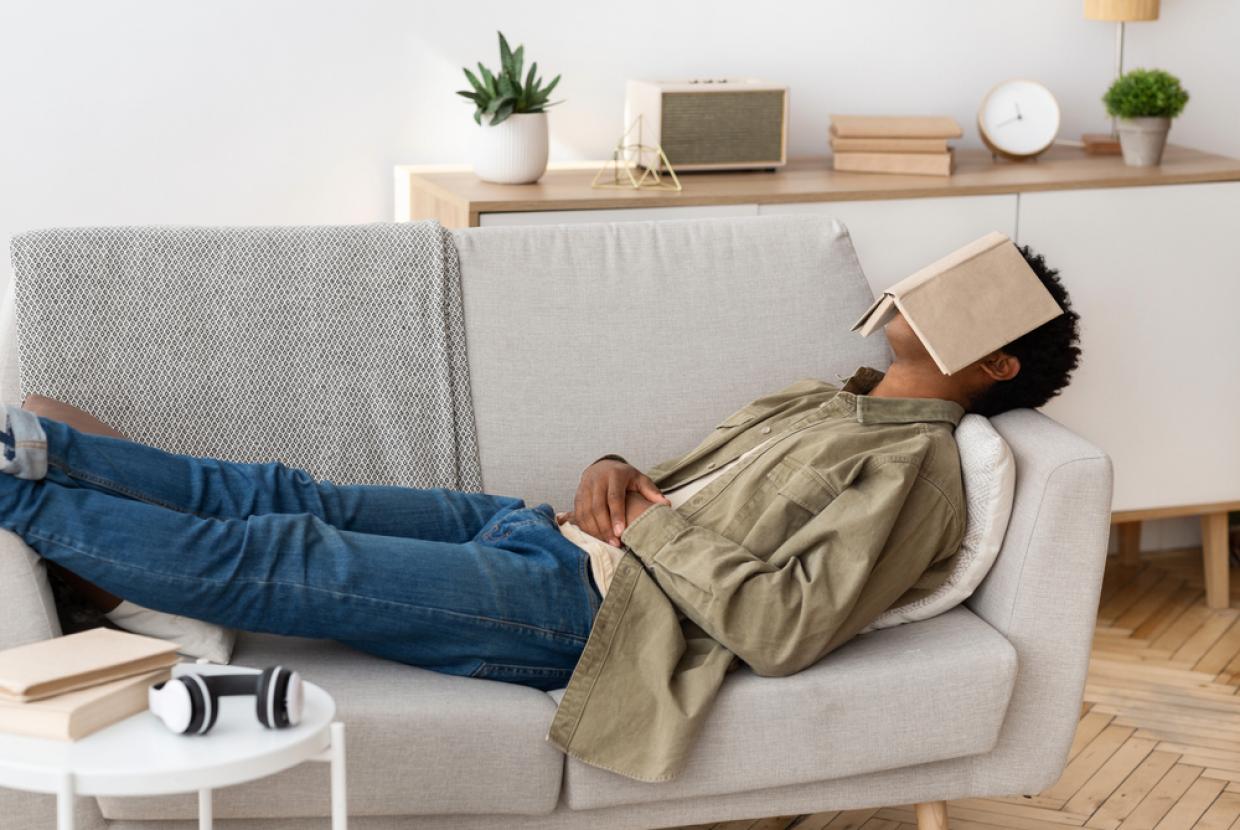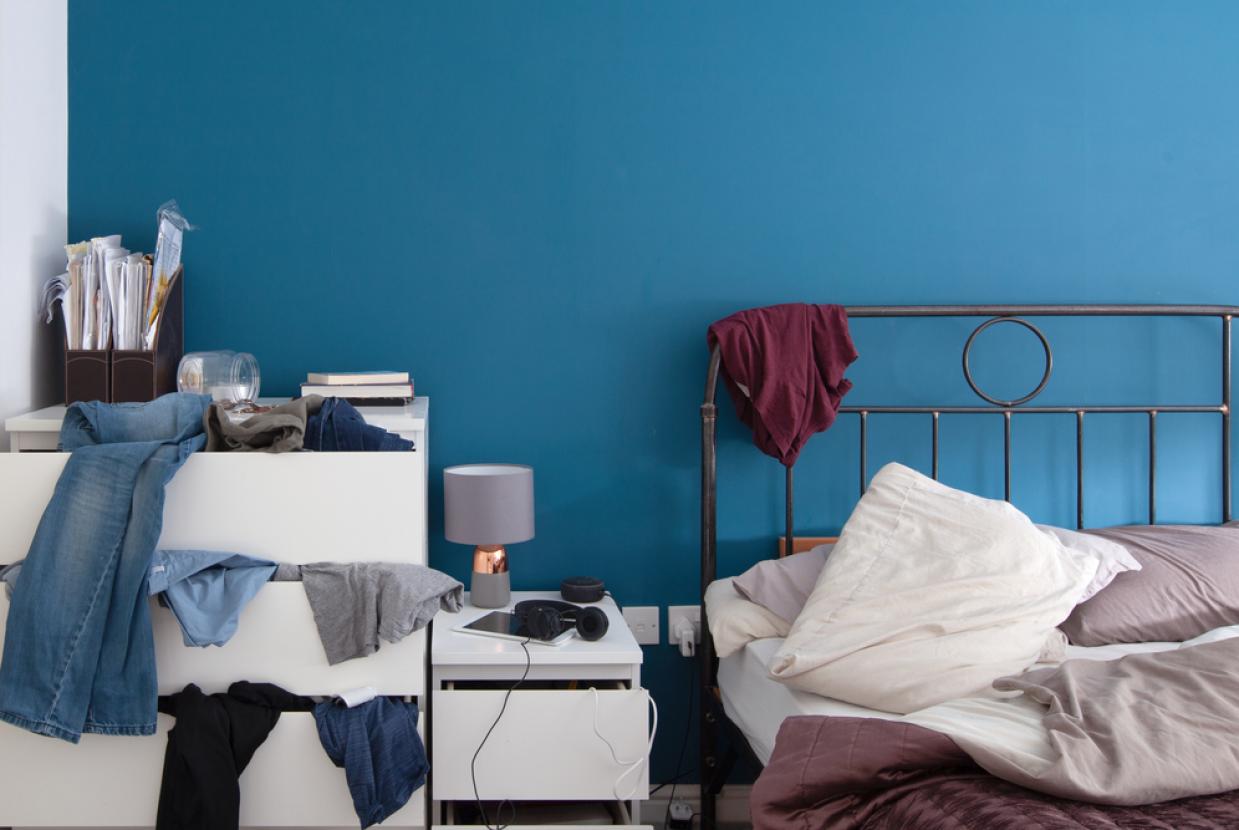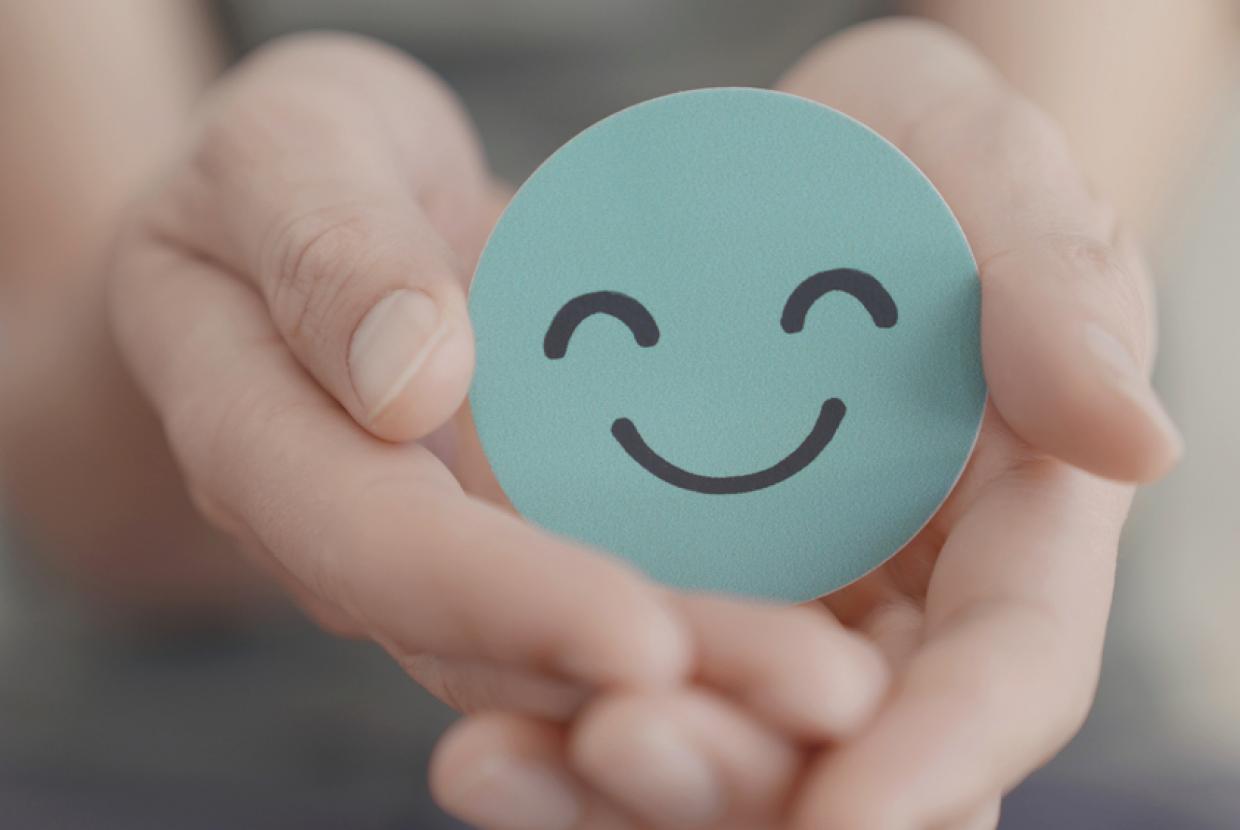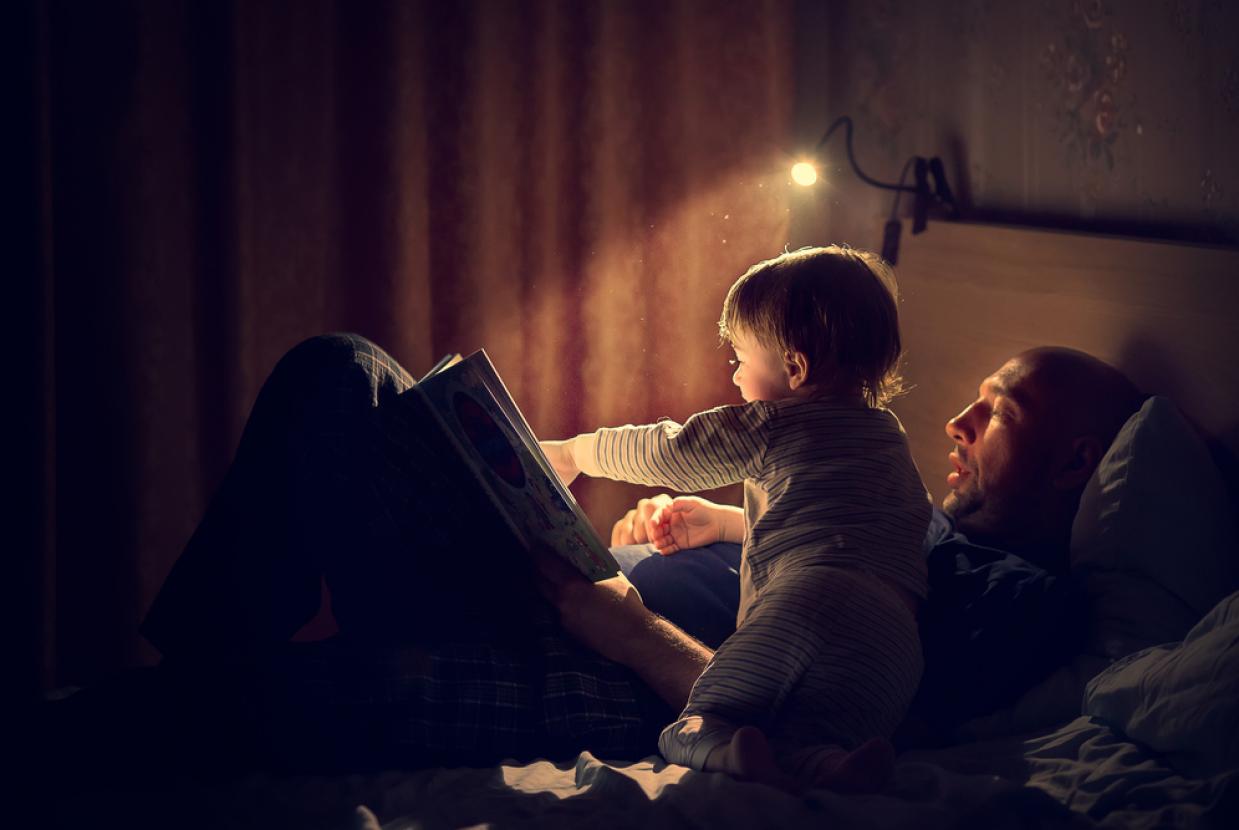10 Top Sleep Tips For New Parents
The Sleep Charity
The arrival of a baby can be tough on parents own sleep routines. It can be particularly difficult for mums who breastfeed as it’s a role their partners can’t share.
Just remember that this stage doesn’t last forever and that by the age of three months, many babies can sleep at least five hours at a time. By six months, night time stretches of nine to 12 hours are possible!
Here are some timely tips and hacks for new parents on dealing with broken night’s sleep as well setting early routines to teach newborns the difference between day and night.
- Sleep when your baby sleeps. Although they may wake frequently in the night, new born babies cram in lots of sleep during the day – so sleep when they do! Turn off the phone and turn a blind eye to all those chores: they can wait.
- Try to keep baby alert and active in the daytime and create a calmer atmosphere in the evening. Switch to lower lighting, quieter voices and reduce background noise such as TVs to help to establish the difference between day and night time routines and promote longer periods of sleep through the night.
- Share the night time wake-up calls. Harder to do if you are breast feeding, but even then your partner can help out by bringing baby to you and handling the nappy changes. If bottle feeding, take the duties in turn.
- Don’t be tempted to keep baby in bed with you. It’s OK to bring your baby into your bed for feeding – but really important that they are returned to their cot when you’re ready to go back to sleep. It may seem an easier option in the short term but can create other problems in the longer run.
- Don’t be afraid to ask for help. When family or friends visit during the first few weeks, cast the usual social niceties aside and ask if they’d mind watching baby while you grab a quick nap. They’ll understand and hopefully be happy to help.
- Learn to accept help. Don’t be tempted to ‘prove you can manage’ – if people offer help, take it! Give them a job to do – even something as simple as watching the baby while you wash your hair or have a leisurely bath.
- Prepare for sleep. Caring for a newborn baby can leave you feeling so exhausted that you expect to be able to fall asleep at the drop of a hat – only to find you can’t. If you have trouble falling asleep, make sure your environment is suited for sleep. It needs to be cool, quiet, dark and clutter free.
- Get rid of ‘electronic distractions’ (the TV, laptop/notepad, mobile phone etc) from the bedroom and ideally avoid screen time an hour before bed. In addition, don’t get too hung up about falling asleep. If you’re not nodding off within a reasonable amount of time, get up and do something else until you feel sleepy. Then try going back to bed.
- Treat yourself to a great new bed. When sleep is in short supply, it’s more important than ever to make sure your bed is comfortable and supportive and an aid to restful sleep, whenever you manage to take it. If your bed is old and grotty, a new bed could be the best investment you make this year!
- Watch those hormones! Sleep deprivation can lead to mood changes at a time when hormones are already in overdrive which, in turn, can lead to the ‘baby blues’. So if you have any concerns about mood levels or a real and on-going sleep problem, consult your healthcare provider. Identifying and treating any underlying conditions can help you get the rest you need. Making sure you get a good level of sleep – even if it is more broken than usual – will help you take the best care of your baby.



